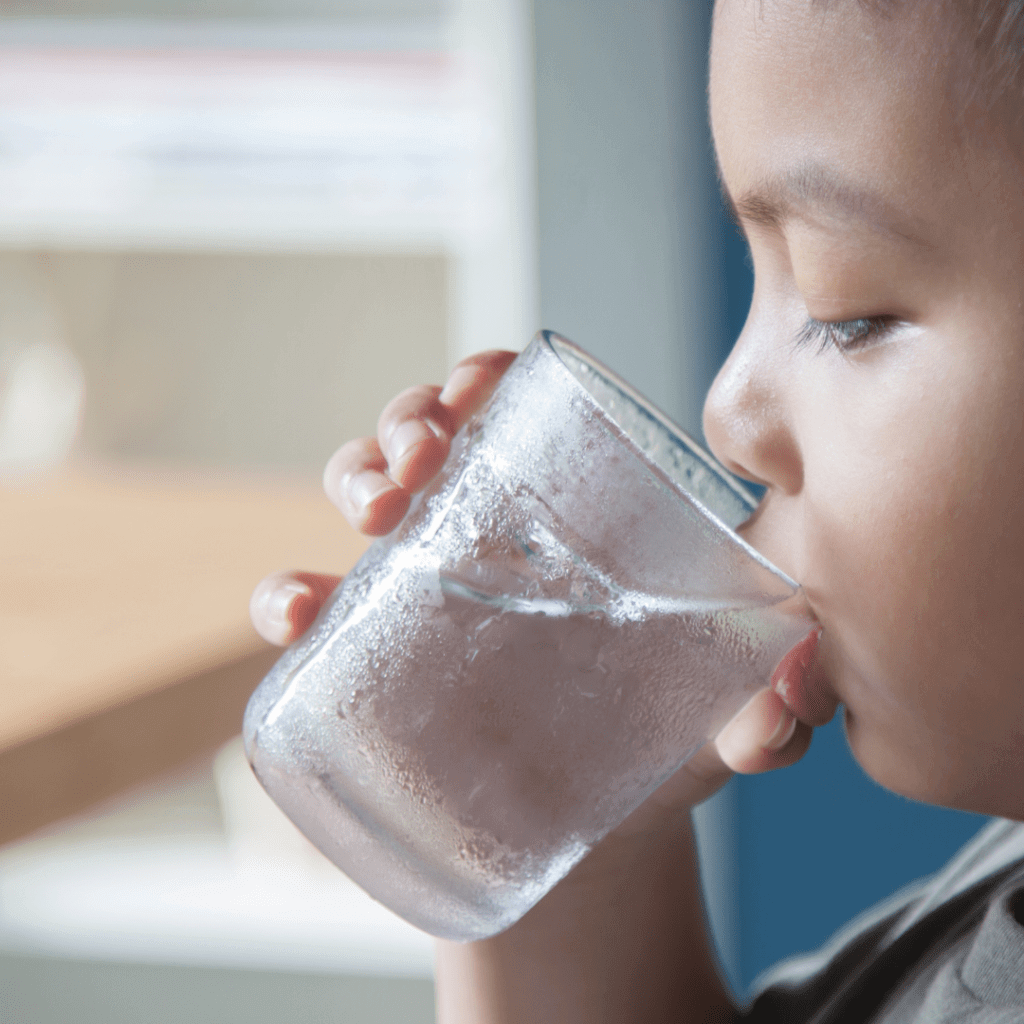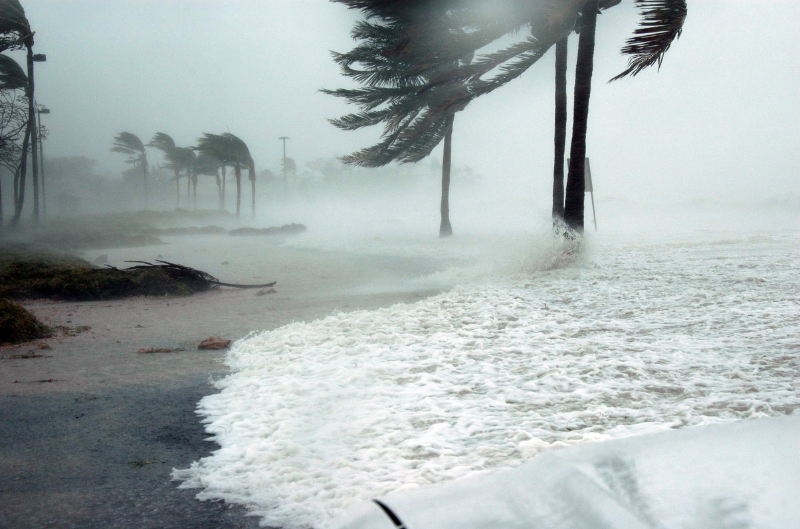
Research shows that children today will face around three times as many climate disasters as their grandparents did, including wildfires, storms, floods, and droughts. Aggressive reductions in greenhouse gas emissions are needed to protect children and future generations from the health effects of these impacts. A 2018 North Carolina executive order established climate and clean energy goals to achieve by 2025, including reducing statewide greenhouse gas emissions to 40% below 2005 levels. According to the U.S. Solar Market Insight Report, NC ranks 3rd in the nation for total solar power as of the end of the first quarter of 2021.
The North Carolina Department of Health and Human Services (DHHS) has listed impacts to children among the top priorities to be addressed in its statewide climate resilience strategy. The state has an Early Childhood Action Plan which outlines a cohesive vision, sets benchmarks for impact by the year 2025, and establishes shared stakeholder accountability to achieve statewide goals for young children from birth through age 8. As of March 2021, the NC DHHS has been working on an addendum to the Early Childhood Action Plan that would focus on assessing and addressing the impacts of climate change on young children through the lens of health equity.
In the face of a worsening climate crisis, heat islands present a severe public health threat, especially for vulnerable populations like children and for Black and brown and low-income families. UrbanHeatATL and community members of Atlanta are creating a healthier, more just, and climate-adaptive city by addressing the impact of heat islands.






